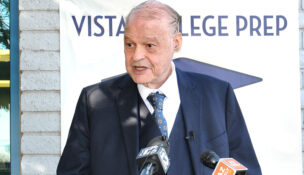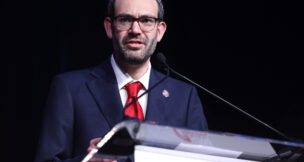Lawmakers eye repeal of English immersion
Camryn Sanchez Arizona Capitol Times//August 19, 2022//
A Republican lawmaker may introduce legislation again next year to do away with mandatory English immersion for students who are non-native speakers. Similar legislation has been introduced by Democrats and Republicans...













































